Credit Card Charge-Offs Explained: What You Need to Know
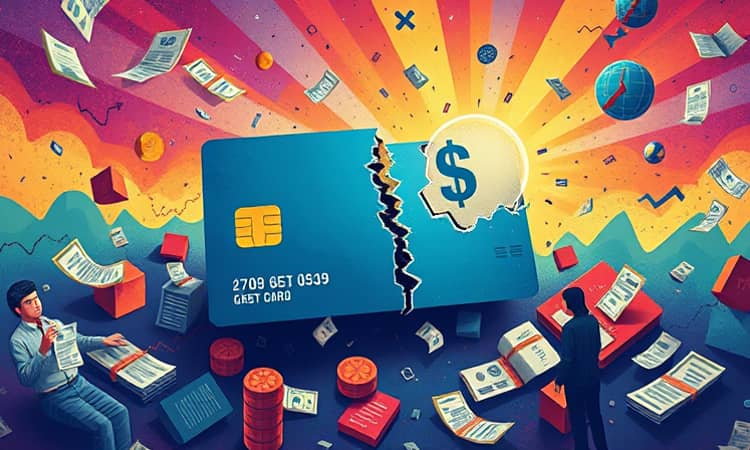
Understanding credit card charge-offs is essential for anyone using revolving credit to manage their finance. A charge-off occurs when a creditor deems an account uncollectible, leading to significant consequences for the debtor's credit score. Whether this situation is currently impacting you or is a concern for the future, knowing what charge-offs are and how they come about is crucial for maintaining financial health.
This post delves into charge-offs, outlining their implications on credit, legal factors, recovery strategies, preventive measures, and alternatives to credit card debt. Knowing this information can help you make informed decisions about your financial future and maintain your creditworthiness. Stay tuned as we explore everything you need to know about credit card charge-offs.
What is a Charge-Off?
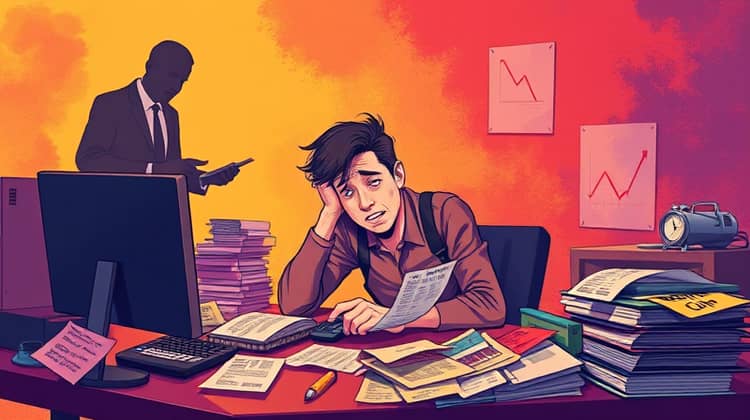
A charge-off is a formal declaration by a creditor that an amount of debt is unlikely to be collected. While the debtor is still responsible for the debt, the creditor has essentially written it off in their accounting as a loss. This typically happens when a borrower has failed to make payments for a substantial period, often six months or longer. A charge-off can cause significant damage to one's credit report and consequently, the borrowing ability of the individual in the future.
This term is most commonly associated with credit card debt but can apply to other types of debt, including personal loans or any form of credit installment borrowing. When a charge-off is recorded, it indicates to potential future lenders that the borrower has defaulted on previous obligations, which may influence their lending decisions. Charge-offs are serious financial marks that require attention and remediation.
It’s crucial to understand that even after a charge-off occurs, the responsibility for the debt does not disappear. Creditors can still pursue collection, and in many cases, may sell the debt to collection agencies, further complicating the borrower's financial situation. Therefore, recognizing the signs and ramifications of charge-offs is important for everyone who relies on credit.
How Charge-Offs Happen

Charge-offs typically stem from a borrower’s financial problems that lead to failure in making required monthly payments. Multiple missed payments, an unstable income source, unexpected expenses, or poor budgeting can all contribute to a situation where debts remain unpaid beyond a certain period. Once a credit card account is several months overdue, creditors usually consider the debt to be at risk of default and start the charge-off process.
After numerous attempts to collect debt and failure to receive any payments, creditors are forced to take action to mitigate their losses. The length of time it takes for a charge-off to occur can vary between creditors, but it often happens after 180 days of non-payment on the part of the borrower. It's an unfortunate consequence that may signal severe financial distress for the individual concerned.
- Missed multiple monthly payments
- Creditors attempt to collect the debt
- Account deemed uncollectible after 180 days of non-payment
Understanding this sequence can help borrowers take proactive steps to avoid falling into such a precarious financial position. Being aware of the warning signs and addressing payment issues before they escalate can ultimately help you protect your credit.
The Impact on Your Credit

Having a charge-off on your credit report can severely impact your credit score, often by as much as 100 points or more. This decline is particularly detrimental considering a good credit score is crucial for obtaining favorable lending terms. Lenders view charge-offs as a substantial risk indicator, influencing their decisions when reviewing applications for credit cards, personal loans, mortgages, and other forms of credit.
Additionally, a charge-off may remain on your credit report for up to seven years. During this period, it can serve as a constant reminder of financial mismanagement, making it challenging to rebuild your credit score and qualify for new credit. Even if you pay off the charge-off after it is filed, the record will still show up on your report, hindering your ability to obtain fresh financing. A charge-off thus impacts both short-term and long-term financial decisions.
- Negatively affects credit score
- Remains on credit report for up to seven years
- Signals risk to future lenders
The far-reaching impacts of charge-offs highlight the importance of responsible credit management. Understanding how harmful a charge-off can be allows borrowers to take their finances seriously and address issues before they escalate into charge-off situations.
Legal Implications
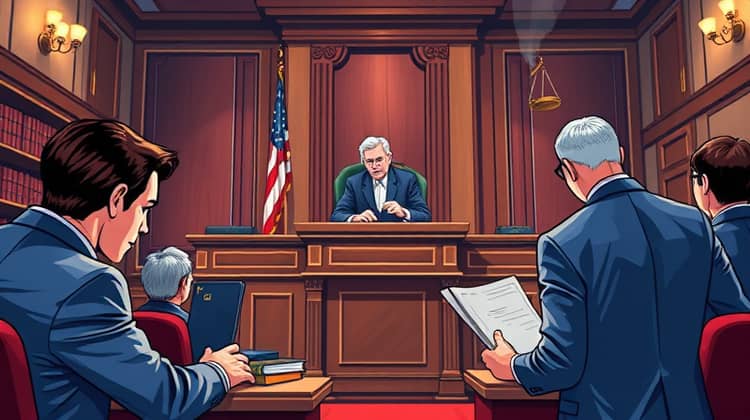
Charge-offs not only have credit market implications but also legal ramifications. Once a debt is charged off, it may be sold to collection agencies, which can pursue legal action to recover the owed amount. This process can lead to court judgments against the borrower, leading to wage garnishment or property liens, complicating the debtor’s situation further. Understanding these implications is key for borrowers looking to protect themselves from legal troubles.
Additionally, many consumer protection laws provide avenues for borrowers to challenge debts, including those that have been charged off. It's important for borrowers to be informed about their rights when it comes to debt collection practices and to seek legal assistance if necessary. The legal landscape surrounding debt collection can be complex, but it's essential to navigate it wisely.
- Debt may be sold to collection agencies
- Legal actions may be initiated to recover the debt
- Understanding consumer rights is crucial
Knowing about these legal aspects can empower borrowers to act within their rights, dispute erroneous charges, or negotiate settlements if they find themselves dealing with a charge-off.
Recovering from a Charge-Off
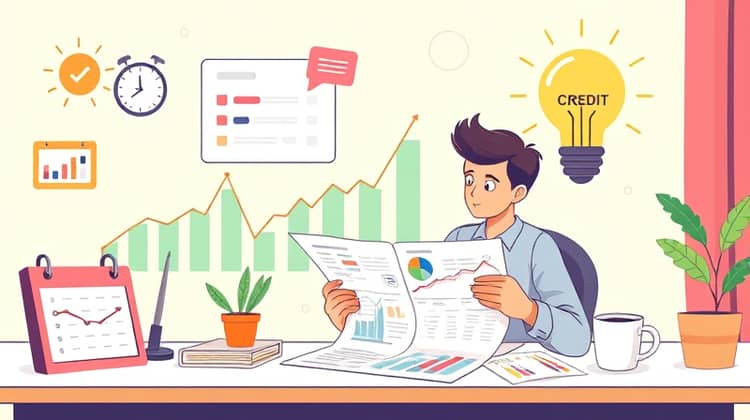
Recovering from a charge-off requires time, effort, and often, strategic planning. The first step is acknowledging the charge-off and understanding that it's possible to resume a positive credit journey after such an event. Begin by reviewing your credit report to identify the charge-off's details and ensuring accuracy in the reporting. If you spot any errors, dispute them to potentially remove adverse marks from your credit history.
Next, consider negotiating with the creditor or collection agency to settle the debt. Sometimes, creditors are flexible and may agree to lower the amount owed or allow for a payment plan, potentially showing up as 'settled' on your credit report, which may look better than an unpaid charge-off. Recovery is not immediate, but with persistence and commitment to timely payments, you will slowly restore financial health.
- Review your credit report regularly
- Negotiate with creditors or agencies to settle the debt
- Establish timely payment habits going forward
Focus on long-term recovery strategies to ensure that you not only address the immediate issue but also safeguard your financial future from potential pitfalls.
Preventing Charge-Offs
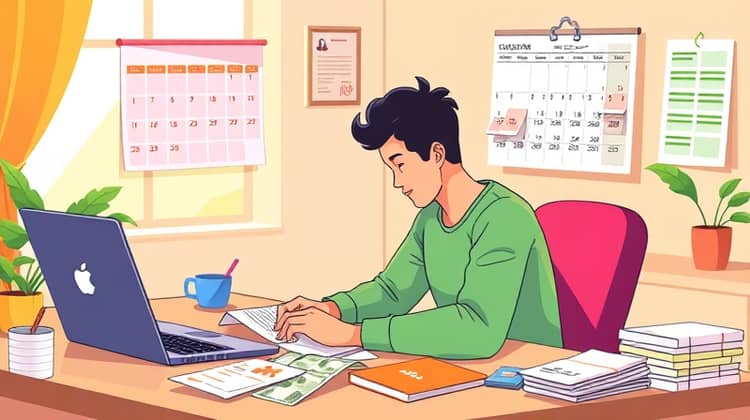
Preventing charge-offs requires conscientious financial management skills. Individuals should create and adhere to realistic budgets, ensuring all expenses, especially those related to credit cards, are met in a timely manner. Additionally, regularly monitoring one’s credit can help detect any issues or missed payments early on, thereby minimizing the risk of default.
Also, consider speaking with a financial advisor to plan for unforeseen circumstances such as job loss or medical emergencies that can impact financial stability. Being proactive is often the best defense against credit issues.
- Create and stick to a budget
- Monitor your credit regularly
- Consult a financial advisor for planning
By taking these preventive measures, individuals can significantly enhance their chances of maintaining a good credit profile and avoid the distress of charge-offs.
Alternatives to Credit Card Debt

Instead of relying solely on credit cards, individuals can explore alternative methods to manage expenses and avoid accruing high debt levels. Utilizing savings accounts for emergencies, looking into personal loans with better interest rates, and considering family loans can provide viable options instead of turning to credit when in financial trouble.
Another effective strategy is to use budgeting apps and other financial management tools that can help people track spending and improve savings.
- Utilize savings accounts for emergencies
- Consider personal loans with favorable terms
- Explore family loans or agreements
Exploring these alternatives ensures you maintain better financial control and mitigates the risk of unsustainable credit card debt.
Conclusion

Credit card charge-offs serve as a stark reminder of the importance of responsible credit management. They can have lasting consequences on one’s credit report and overall financial health, being rooted in real-world issues that many face, such as overspending or unexpected life challenges.
However, understanding the charge-off process, its implications, and utilizing proactive measures can help in effectively navigating this financial challenge. By adopting smart financial habits, individuals can prevent charge-offs and foster a healthier relationship with credit in the long run.
Moreover, if one finds themselves facing a charge-off, knowing how to recover and rebuild can empower individuals to restore their creditworthiness and achieve future financial goals. Education and awareness are vital in this ongoing journey towards financial stability.






